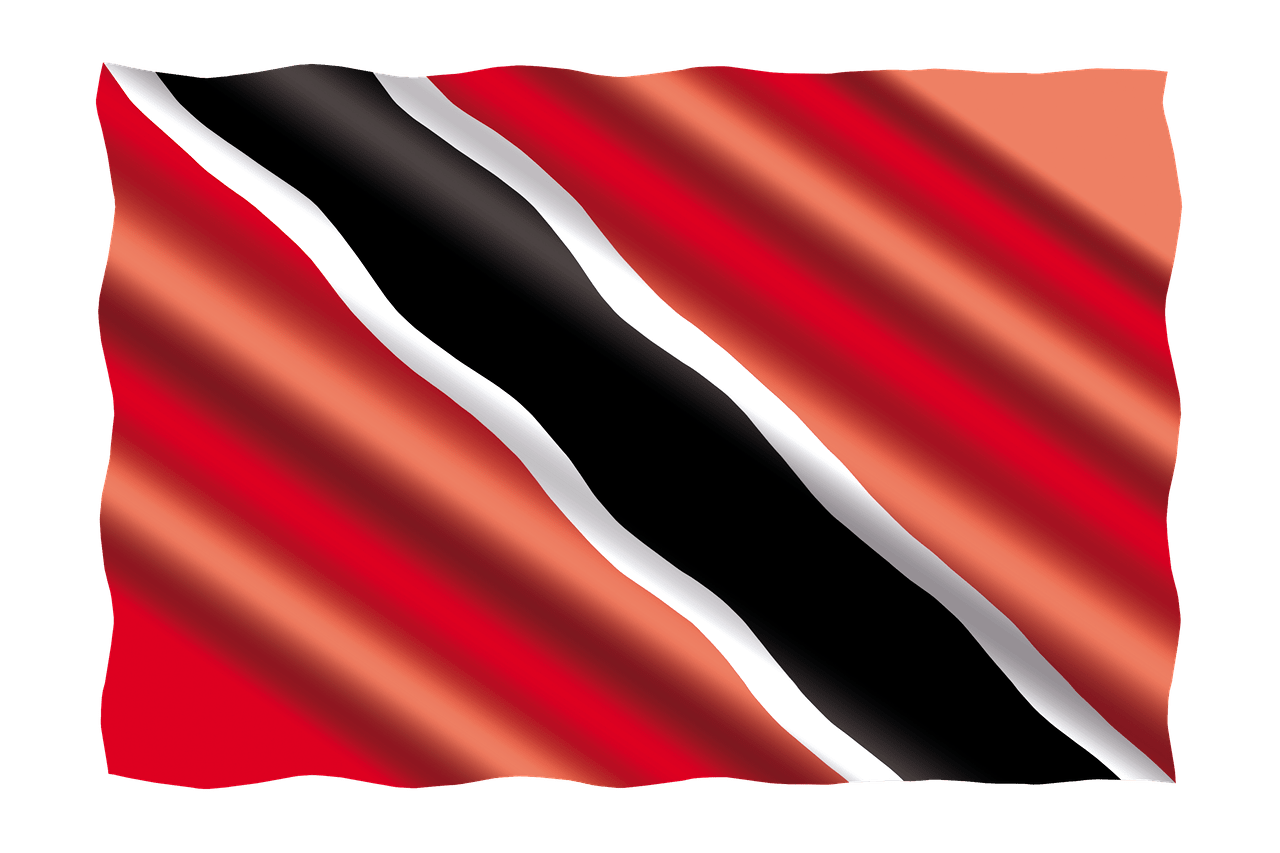The danger of slow diversification: Trinidad and Tobago’s economic vulnerability in the wake of the Dragon gas deal fallout

The recent decision by the United States to revoke the license for Trinidad and Tobago to engage in the Dragon Gas deal with Venezuela marks a sobering moment for the country’s energy-dependent economy. The Dragon Gas field, located off Venezuela’s coast, was seen as a beacon of hope to revitalize Trinidad and Tobago’s natural gas supply and help sustain its petrochemical and LNG industries. However, the abrupt halt of this initiative has laid bare a deeper, long-standing issue: the country’s slow pace of economic diversification.
For decades, Trinidad and Tobago has leaned heavily on its oil and gas sector to drive economic growth, provide government revenue, and support social programs. While this reliance brought prosperity during the energy booms of the 1970s and early 2000s, it has also left the nation vulnerable to external shocks — including price volatility, shifting geopolitical interests, and, as seen now, international sanctions and policy changes beyond its control.
The energy sector accounts for approximately 35-40% of Trinidad and Tobago’s GDP and more than 70% of export earnings. With maturing fields and declining production, the nation has already been facing challenges in meeting gas supply commitments to its downstream industries, including ammonia and methanol plants. The Dragon deal was expected to supply around 350 million cubic feet of gas per day — a crucial boost for an economy battling stagnation and slow recovery from the COVID-19 pandemic.
The United States’ withdrawal of the license, based on its tightening stance toward Venezuela’s government, places Trinidad in a precarious position. It also sends a clear message- that nations cannot afford to continue placing all its economic eggs in the oil and gas basket.
The main danger of slow diversification is that it leaves the country with very limited options when its primary industry falters. Economic shocks in such cases are often deeper and more prolonged. Trinidad and Tobago’s heavy dependence on energy revenues means that when prices fall or production drops, government revenues shrink dramatically, often leading to budget deficits, foreign exchange shortages, and underfunded public services.
Moreover, relying on an industry that is both environmentally unsustainable and increasingly under global pressure to reduce emissions places the nation at odds with emerging economic trends. As the world shifts toward cleaner energy and more sustainable industries, Trinidad risks being left behind if it does not adapt swiftly.
If diversification implementation continues to lag, the country will remain underdeveloped and underfunded. The government must shift to more meaningful incentives, policy support, and infrastructure investment to help private and public sectors grow.
Trinidad and Tobago need to expand its range of exportable goods and services with small and medium enterprises, expanding trade agreements, and leveraging digital platforms to enter new markets to broaden the country’s export profile. Additionally, investing in solar, wind, and biomass technologies, can build a robust green economy. In order to diversify and adaptable the government should prioritize education reform, with a focus on technology, entrepreneurship, and vocational training. Creating a culture of innovation through research grants, incubators, and collaboration between universities and the private sector will also be key. Additionally, the government should focus on improving public sector efficiency, and ensuring transparency in economic planning will build investor confidence and unlock new opportunities.
Though underutilized, Trinidad and Tobago has rich cultural heritage, biodiversity, and potential for eco-tourism. With the right infrastructure, safety measures, and marketing, the country could attract regional and international visitors, creating jobs and earning foreign exchange. To protect against future shocks, the government should consider rebuilding and expanding stabilization funds like the Heritage and Stabilization Fund (HSF), ensuring that windfalls during high energy prices are saved and used prudently during downturns.
The collapse of the Dragon Gas deal is more than just a diplomatic setback — it is a wake-up call. Trinidad and Tobago’s economy, while rich in potential, is exposed to significant risks due to its narrow focus on oil and gas. Without rapid and intentional diversification, future economic shocks may be even harder to withstand.
Now is the time for bold, visionary leadership — the kind that doesn’t just respond to crisis but anticipates change and adapts ahead of the curve. Trinidad and Tobago must act decisively before another opportunity is lost.
Subrina Hall-Azih is a Trinidadian educator.






